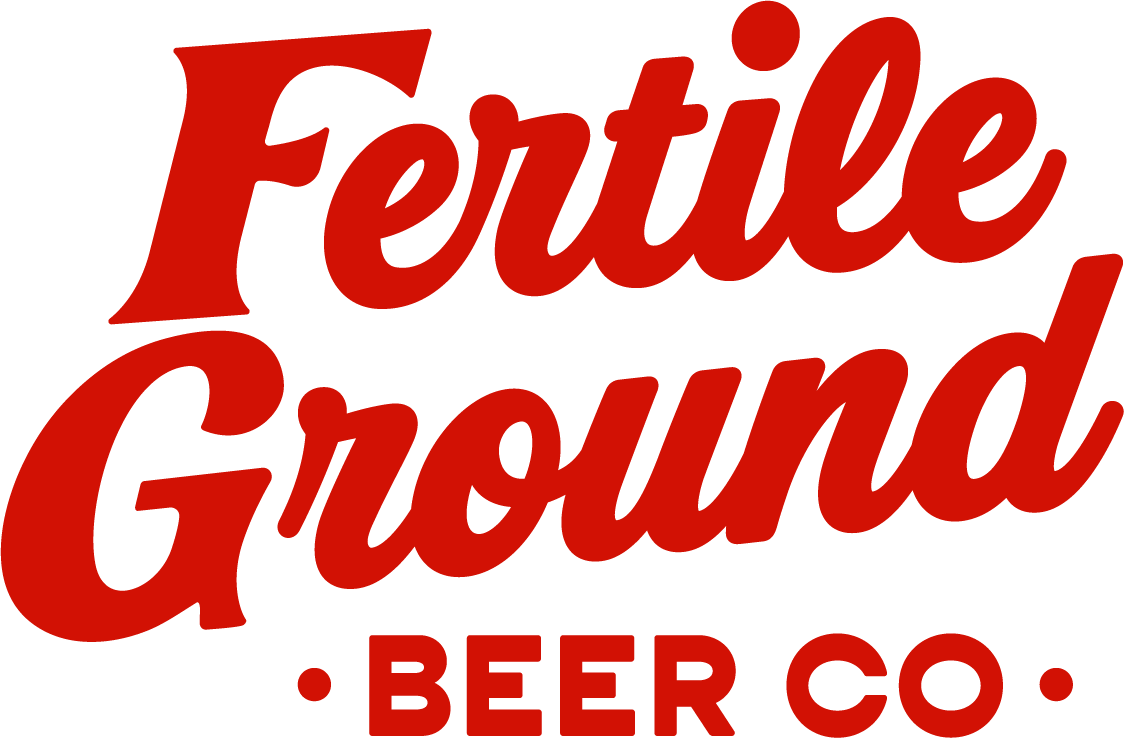Embracing Tradition: The History and Evolution of Oktoberfest
October 8, 2024
Oktoberfest, the world-renowned festival of beer, food, and Bavarian culture, traces its origins back to the early 19th century in Munich, Germany. What began as a royal wedding celebration has evolved into a global phenomenon, attracting millions of visitors each year to partake in its festivities. This article delves into the rich history of Oktoberfest, highlighting its cultural significance, evolution over time, and enduring legacy.
Origins
Oktoberfest originated with the royal wedding of Crown Prince Ludwig (later King Ludwig I of Bavaria) to Princess Therese of Saxony-Hildburghausen on October 12, 1810. The citizens of Munich were invited to join in the festivities held in front of the city gates, known today as Theresienwiese (Therese's Meadow), in honor of the royal couple. The celebrations included horse races, feasting, dancing, and, of course, beer.
Beer and Brewing Tradition
Beer has always been central to Oktoberfest, reflecting Bavaria's rich brewing heritage. The festival initially featured beers from local breweries, which soon became a hallmark of the event. Over time, the traditional Märzen beer (a malty, amber lager) brewed in March and stored in cool cellars until Oktoberfest became the festival's official beer, enjoyed by attendees in massive beer tents erected for the occasion.
Evolution and Expansion
Oktoberfest grew steadily in popularity throughout the 19th century, evolving from a one-day event into a multi-day festival lasting several weeks. By the late 19th century, amusement rides, parades, and agricultural exhibitions were added, transforming Oktoberfest into a celebration of Bavarian culture, industry, and agriculture.
Impact of World Wars and Revival
The World Wars and economic hardships temporarily interrupted Oktoberfest celebrations. During World War II, the festival grounds were used for other purposes, and post-war rebuilding efforts delayed its revival. However, in 1950, Oktoberfest returned with renewed vigor and has since regained its status as a global celebration of Bavarian culture and beer.
Modern Oktoberfest
Today, Oktoberfest in Munich attracts over six million visitors annually from around the world. The festival officially begins with the ceremonial tapping of the first keg by the Mayor of Munich, who declares, "O'zapft is!" (It's tapped!). Visitors enjoy traditional Bavarian foods such as pretzels, sausages, roast chicken, and sauerkraut, along with a wide variety of beers from Munich's six main breweries (Augustiner, Hacker-Pschorr, Hofbräu, Löwenbräu, Paulaner, and Spaten).
Global Influence and Celebrations
Oktoberfest's popularity has transcended Bavaria, inspiring similar celebrations in cities worldwide, where enthusiasts gather to enjoy German beer, food, and music. These celebrations often feature local craft breweries showcasing their interpretations of traditional Oktoberfest beers, fostering cultural exchange and camaraderie across borders.
Cultural Significance
Beyond its festive atmosphere, Oktoberfest symbolizes Bavaria's hospitality, craftsmanship in brewing, and community spirit. It serves as a platform for preserving and promoting Bavarian traditions while welcoming people from diverse backgrounds to share in its joyous celebrations.
Conclusion
Oktoberfest stands as a testament to the enduring appeal of beer, camaraderie, and cultural heritage. From its humble beginnings as a royal wedding celebration to its current status as the world's largest folk festival, Oktoberfest continues to captivate millions with its vibrant festivities, delicious beers, and warm Bavarian hospitality.
As we raise our steins in celebration, we honor the tradition, history, and spirit of Oktoberfest, a timeless gathering that brings people together in joyous harmony. Prost!
Come check out our Oktoberfest celebration October 19!
